Virtual - using Zoom only
Stormwater infiltration, when appropriate, is a preferred stormwater management practice that provides communities, industry and professionals opportunities to reduce runoff volumes, decrease pollutant loads to surface waters, and enhance shallow groundwater recharge. The first 2023 Minnesota Stormwater Seminar Series will present some of the challenges in infiltration as a stormwater management practice, discuss ways to address some of those challenges, and highlight current research and resources available to practitioners and professionals. The presentation topics include:
- Infiltration on contaminated sites
- Infiltration when faced with compacted soils
- Measuring infiltration and assessing the rate and effectiveness of infiltration
- Infiltration impacts to shallow groundwater
- Infiltration with amended soils
- Resources for practitioners and professionals including where infiltration resources are in the Minnesota Stormwater Manual.
This seminar will feature a series of speakers on these topics including John Gulliver, John Nieber, Mike Trojan, and others not yet confirmed. Check back to the seminar website for additional speaker details in the coming weeks.
John Gulliver
John S. Gulliver is a professor emeritus in the Department of Civil, Environmental and Geo- Engineering and a resident fellow at the Institute on the Environment. He received a B.S. in chemical engineering from the University of California, Santa Barbara and M.S. and Ph.D. degrees in civil engineering from the University of Minnesota. Gulliver has taught courses in fluid mechanics, environmental mass transport, and urban hydrology and water quality. He has been faculty for 40 years in the Department. Much of Dr. Gulliver’s research, in conjunction with other faculty, involves the development of new technology for the treatment of road runoff and assessment of field performance of stormwater treatment practices, including the SAFL Baffle, which converts any sump into an effective sediment settling device, the Iron-Enhanced Sand Filter, which removes dissolved, as well as particulate phosphorus, and the MPD Infiltrometer, which can measure infiltration into soil accurately and effectively with minimal volume of water. He is a co-author of the book, Optimizing Stormwater Treatment Practices: A Handbook of Assessment and Maintenance, published by Springer.
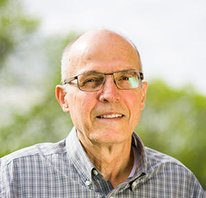
Todd Shoemaker
Todd is a water resources engineer who loves to model – on computers, not runways. He has over 20 years of experience in water resources including watershed and stormwater management, hydrologic/hydraulic and water quality computer modeling, ravine and stream bank stabilization, and floodplain management. He’s created hundreds of stormwater models and selected thousands of curve numbers for compacted and uncompacted soils.
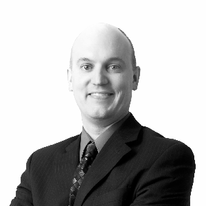
Noah Czech
Noah Czech has been the City of St. Cloud’s Stormwater Compliance Specialist for 15 years. Noah oversees implementation of the City’s Stormwater Pollution Prevention Program and surface water management plan. He has worked on implementing numerous water quality improvement projects and oversees the City’s stormwater inspection & maintenance programs.
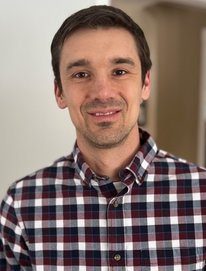
Forrest Kelley
Forrest joined CRWD in 2007 and manages CRWD’s Rules and Permitting Programs. He assists permit applicants; coordinates site plan reviews and makes approval recommendations to the Board of Managers. Forrest also manages CRWD capital improvement projects to help protect the water resources of the District. Forrest holds a B. S. in Biosystems Engineering from the University of Minnesota and is a licensed professional engineer in the State of Minnesota.
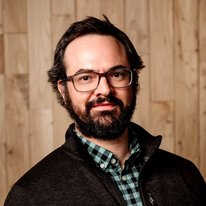
Eric Lund
Eric has more than 15 years of environmental engineering experience. He manages and consults on projects across a wide array of environmental topics, ranging from the investigation phase through evaluation of remedial alternatives and design of remedies for contaminated sites. He also manages large-scale dredging projects along with the investigation and closure of urban landfills and dumps. Eric’s work often involves building multidisciplinary teams to leverage the breadth of experts within Barr.
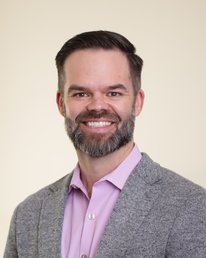
John Nieber
A native of Upstate New York he received his B.S. degree in Forest Engineering at Syracuse University in 1972, his M.S. degree in Civil and Environmental Engineering at Cornell University in 1974, and his Ph.D. in Agricultural Engineering at Cornell University in 1979. He joined the Department of Agricultural Engineering at Texas A&M University as an Assistant Professor in 1979. He left Texas A&M in 1985 to join the Department of Agricultural Engineering at the University of Minnesota as an Associate Professor, and in 1995 he was promoted to Full Professor at Minnesota in the department which is now called Bioproducts and Biosystems Engineering. John’s research interests involve hydrologic process discovery and modeling, with particular interest in flow and transport processes in porous media. He is a member of the American Society of Agricultural and Biological Engineers, American Geophysical Union, Soil Science Society of America, and a certified Professional Hydrologist with the American Institute of Hydrology. Current research involves studies on utilizing infiltration for stormwater control in urban areas, assessing best management practices impacts on reduction of nitrate in groundwater, combining hydrologic models with machine learning, and quantifying mass and energy transport processes in urban ecosystems.
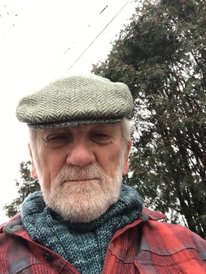
Mike Gerber
Mike Gerber is a Civil Engineer who works at Design Tree Engineering & Land Surveying, a multi-discipline consulting firm. Mike is currently a project manager who also designs and drafts projects on a variety of different project types. Mike also designs stormwater management practices and has dealt with a number of projects where infiltration rates are higher than the rate designated by the MPCA.